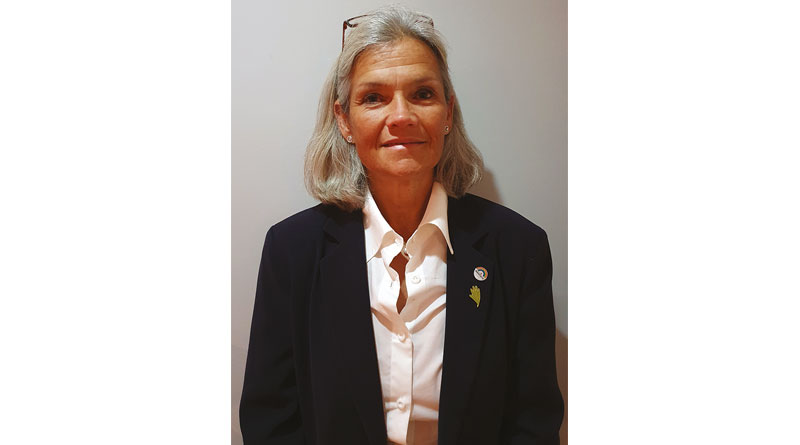Utilising ‘Volunteer’ Army Is Key To Solving The Care Recruitment Crisis
By Anne-Marie Perry, Managing Director and Founder, CareMatch (www.carematch.com)
The Covid-19 pandemic demonstrated how much the country can achieve when working together towards a common cause. The nation took steps to prevent the spread of the virus, and millions of people also came together to offer vital non-professional care to the elderly, vulnerable and disabled in the last two years.
Although the pandemic has now abated, Britain is still facing a chronic care crisis. It is time to start seriously considering how informal community support structures can be put in place to ease the strain on professional care workers.
The industry faces a recruitment crisis with the number of vacancies outstripping the number of available workers. While initiatives like the relaxing of immigration rules for foreign care workers is a step in the right direction, ultimately a drastic change in how we approach care is needed. We need new approaches which bolster recruitment from both abroad and here in Britain, widening the pool from which the care-giving sector draws its employees.
The scale of the challenge
As a country, we must ensure those who need care services are adequately looked after, both now and in the future. According to the charity Carers UK, every day another 6,000 people take on some form of caring responsibility – equal to more than two million people each year. The responsibilities of delivering care are still largely falling on women too – 58% of carers are women compared to the 42% who are men.
Our professional carers also work longer hours than ever before. In the last decade alone, we have seen a 19% rise in the number of hours worked by care givers. And though it is common for care workers to work five hours of overtime every week, as more than half do, even that is not enough to close the gap between demand and supply.
The government has taken steps to increase funding for social care by creating a new health and social care levy, which is expected to raise £5.4bn over the next three years. It’s a huge sum that will help to ease some of the pressure currently being felt within the sector, but this alone will not be enough to solve the crisis the nation faces.
Too often older and vulnerable people find themselves turning to the NHS for treatment and support because the opportunity for an early and effective care intervention has been missed. Requests for NHS social care support have risen dramatically since 2014, but the number of people actually receiving publicly-funded care has fallen during this period. Already the care sector plays a vital role in supporting the NHS – without a properly functioning care sector we cannot have a properly functioning NHS, and the strain is increasing with every day that passes.
An army of volunteers
Harnessing our “volunteer army”, which gave vital non-professional care over the pandemic, is key to solving the recruitment crisis facing the care industry. We know volunteer carers are willing and able to provide informal support to loved ones and the wider community, as the pandemic showed, and this should be used to relieve the burden on professionally trained care staff. Drawing on the support of volunteers will alleviate the staffing crisis and reduce the burden on both the care industry and the wider health service.
As well as neighbours, community groups and others providing non-professional support, there are other sectors of society that can be drawn upon for care. Every year millions of young adults leave school and represent a vast untapped resource which could form a key part of a National Care Service. Much like the Army Reserves, a volunteer army ready to give their time or be drawn on for paid work would offer huge relief to our overworked professionals.
Harnessing technology
Technology also has a hugely important role to play in ensuring our care workers are deployed most effectively. Digital tools can ensure that carers are connected and coordinated efficiently to better serve those needing support. What they need is a community-focused solution that allows professional staff to best assist those needing care, while using informal carers where appropriate.
There are many ways we can improve the quality and consistency of care in Britain. By applying innovative technologies and making use of an army of willing volunteers, we can deliver a more effective and efficient care system, while simultaneously developing stronger community ties. For too long our country has neglected to tackle the problems facing the sector, we must act now or the current crisis will only get worse.

